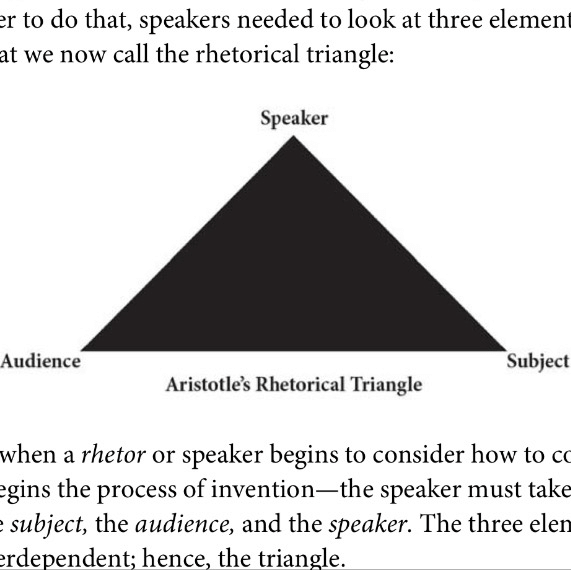

I welcome graduate students across these areas and especially in history of education, history of emotions, health humanities (especially history and ethics), and the religious, cultural and intellectual history of late antiquity and Byzantium. I am a member of the Biblical and Early Christian Studies and Medieval and Early Modern Studies Programs of the IRCI. I specialise in late-antique and early Christian studies and the philosophy, history, culture, and reception of the ancient Mediterranean world up to Byzantium. Qualifications: BSc., BA(Hons), MA (Melb), BD(Hons), AKC, PhD (Lond) Member: Biblical and Early Christian Studies, Medieval and Early Modern Studies, Institute for Religion and Critical InquiryĪreas of expertise: Early Christianity, late-antique and medieval history, ancient philosophy, Classical to Byzantine cultural and intellectual history, history of emotions, history of education, history of violence, Classical receptions. As a result, understanding Kennedy’s “Inaugural Address” is significant to daily life because it teaches the mantra that solutions are better found together and that true satisfaction derives from working hard together for a common cause and not always focusing on the prize.Associate Professor in Late-Antique and Early Christian Studiesĭirector, ACU Node, ARC Centre of Excellence for the History of Emotions Instead, she wants to help citizens improve their own lives by granting affordable college. This text still speaks volumes decades later because of its relevant morals that generosity and teamwork lead to success, just like the current election where Hillary Clinton does not promote isolationist policies of building walls against other nations. Through the use of powerful anaphora, antithesis, and chiasmus, Kennedy convinces millions throughout the country that cooperation is in the hands of the common people and must occur for world peace to ensue. In the final analysis, it is apparent that Kennedy convinces the citizens of the United States that their involvement in national issues is just as crucial as his own efforts in diplomacy. By keeping in mind his audience, the citizens of the United States, Kennedy effectively engages people to work together for the well-being of the world.

In addition to being memorable, the chiasmus also notes that because Kennedy is a citizen himself, this marks in citizens a sense of reverence because he is a man who seeks satisfaction in helping the United States rise as a power he is not President just for the satisfaction of the title.

People are compelled to act more generously and keep in mind the feelings of others for that is the base of global peace and universal understanding. Most famously and also most effectively used, the chiasmus of “Ask not what your country can do for you ask what you can do for your country” makes a lasting impression on citizens because it is catchy and memorable. By emphasizing “my fellow citizens,” residents feel a connection with President Kennedy: that he is a man they can relate to and someone they are willing to trust and help for his goal of world peace, due to the fact that he believes in citizens’ individual abilities. From this speech, the citizens will remember the repetition the most thoroughly because so much time is spent going over these ideas again and again. Through anaphora, such as “Let both sides” and “my fellow citizens,” Kennedy reveals what is core to contributing to world peace: cooperation. Kennedy shifts to his discussion of how the United States will succeed on a global scale by expressing his expectations of citizens. Through his call to action and rhetorical appeals, he creates a sense of urgency to act sooner than later. Kennedy’s purpose is to impress upon readers the idea that to achieve world peace, countries must take immediate action to help each other, which begins with the individual actions and determination of each citizen in those tense Cold War times. Kennedy in his Presidential Inaugural Address, delivers a hopeful, inspiring speech about the actions he will take and the actions he expects citizens to take to achieve world peace.


 0 kommentar(er)
0 kommentar(er)
